Have you ever stopped to think about some of our most cherished British traditions? Are they as benign and inclusive as we often assume, or do they carry more problematic undertones than we’d like to admit?
1. Morris Dancing
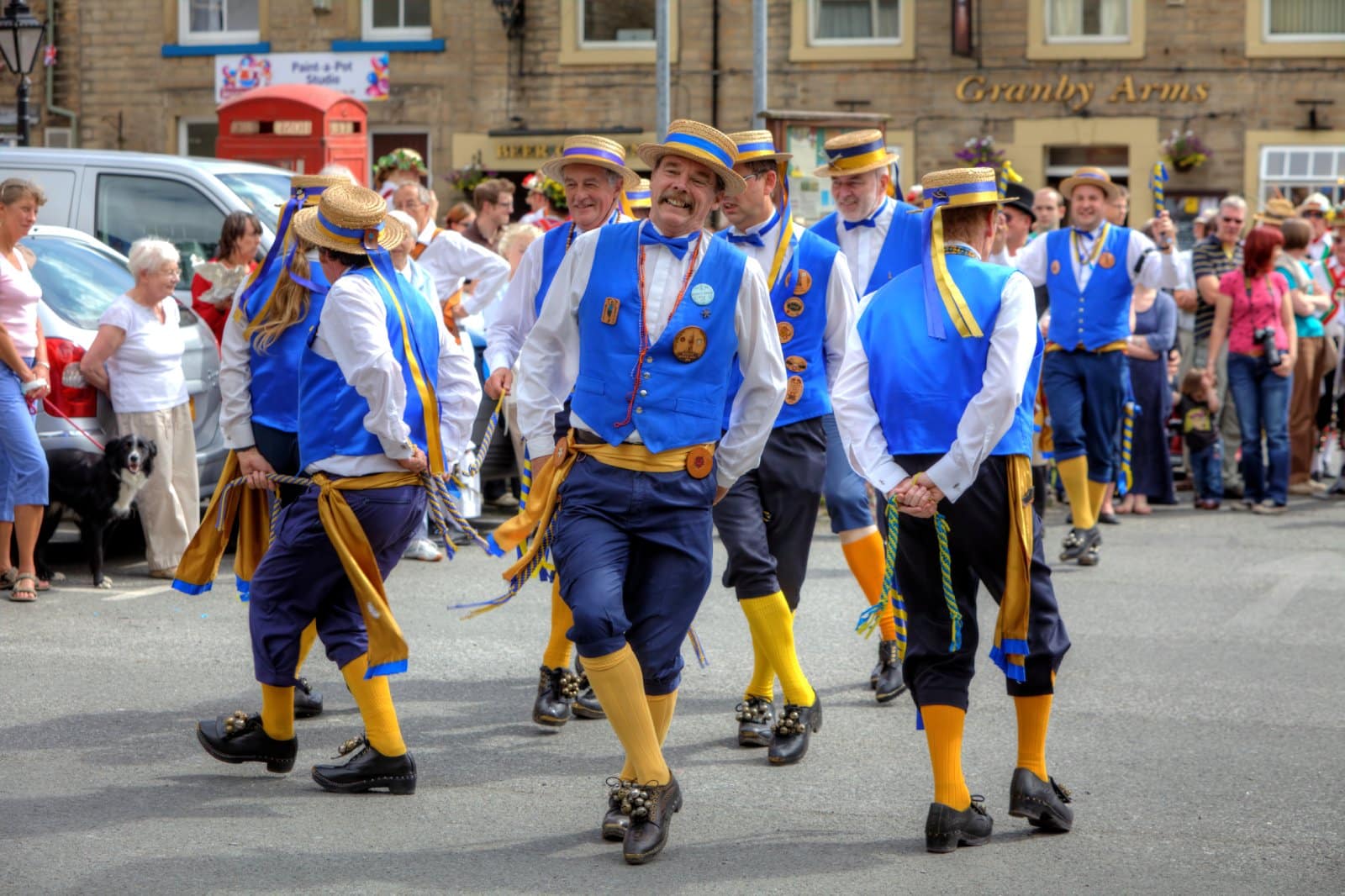
This historic dance celebrates rural English life, but its lack of diversity and sometimes problematic use of blackface in certain performances raises questions. Is this a simple folk dance, or does it reinforce outdated racial stereotypes?
2. The King’s Speech
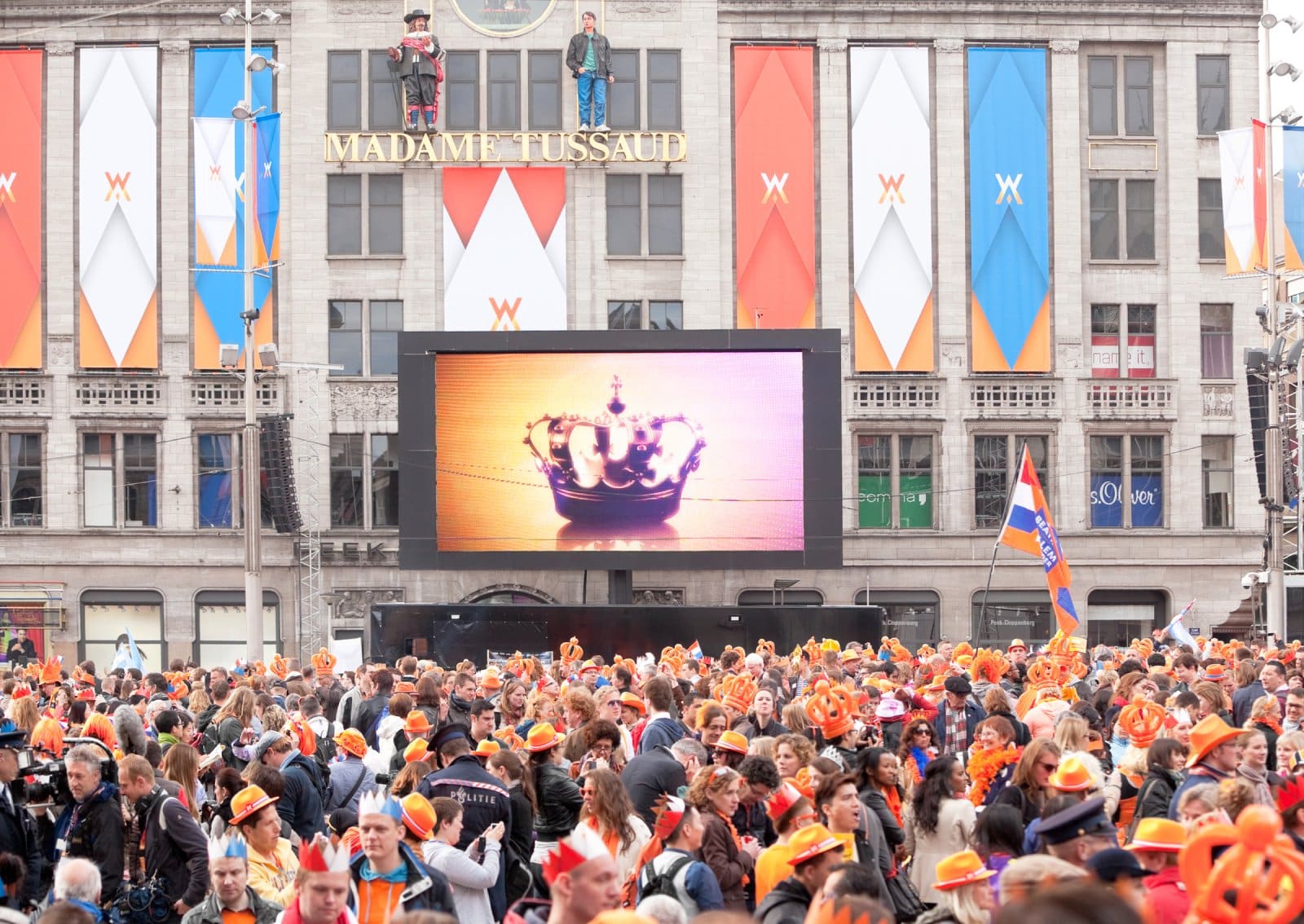
A staple of Christmas Day, the King’s Speech is a moment of national reflection. However, does its association with the monarchy alienate those who feel disconnected from this institution? Are we celebrating unity or perpetuating division?
3. Bonfire Night
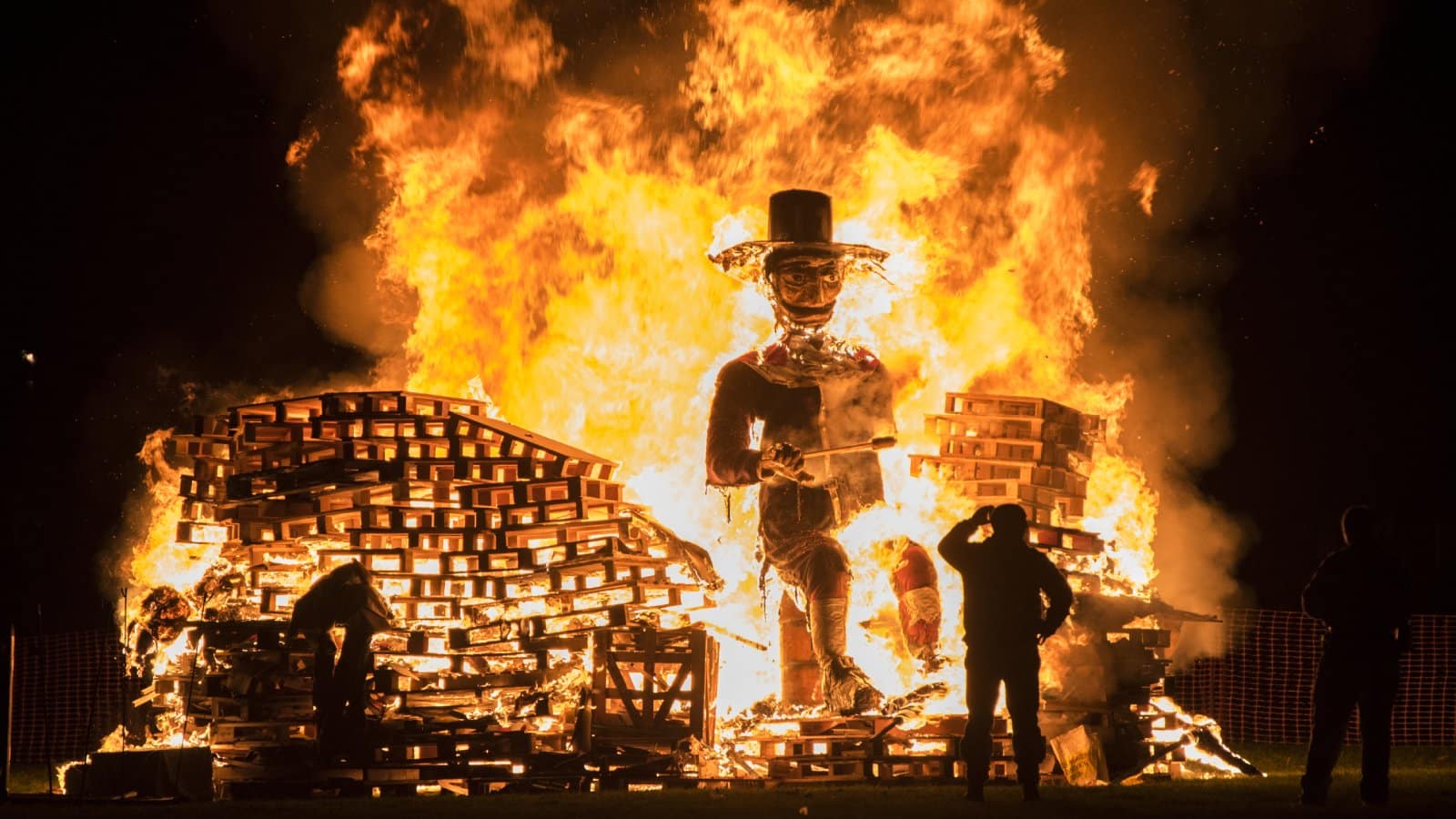
Celebrating Guy Fawkes Night with fireworks and bonfires can be thrilling, but it also glosses over the darker historical implications of religious persecution and violence. Are we really honouring history, or are we ignoring its complexities?
4. Boxing Day Fox Hunting
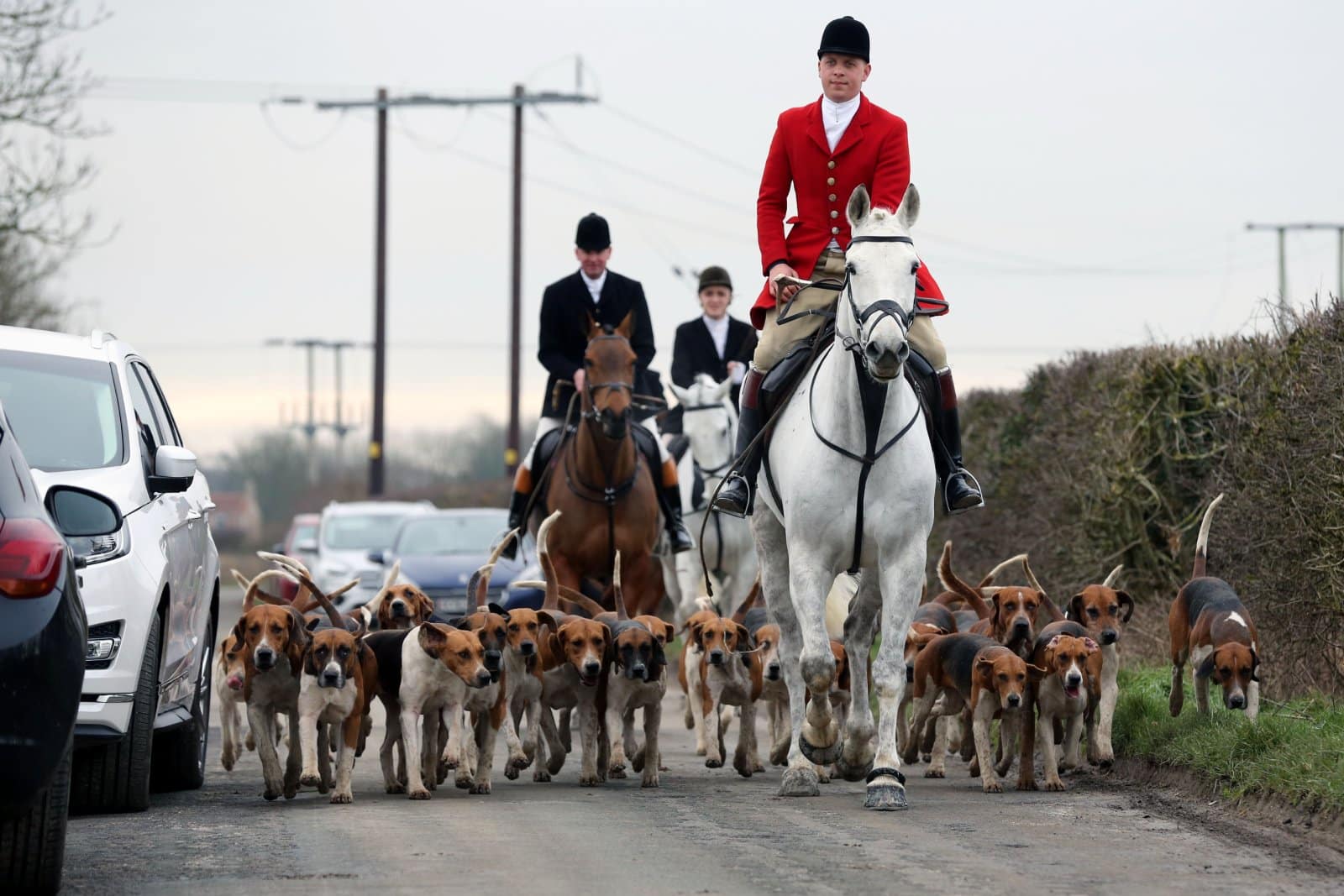
Though now more symbolic, the tradition of fox hunting on Boxing Day continues in some areas, sparking debates about animal cruelty and class privilege. Is this a celebration of heritage or a problematic pastime?
5. Maypole Dancing
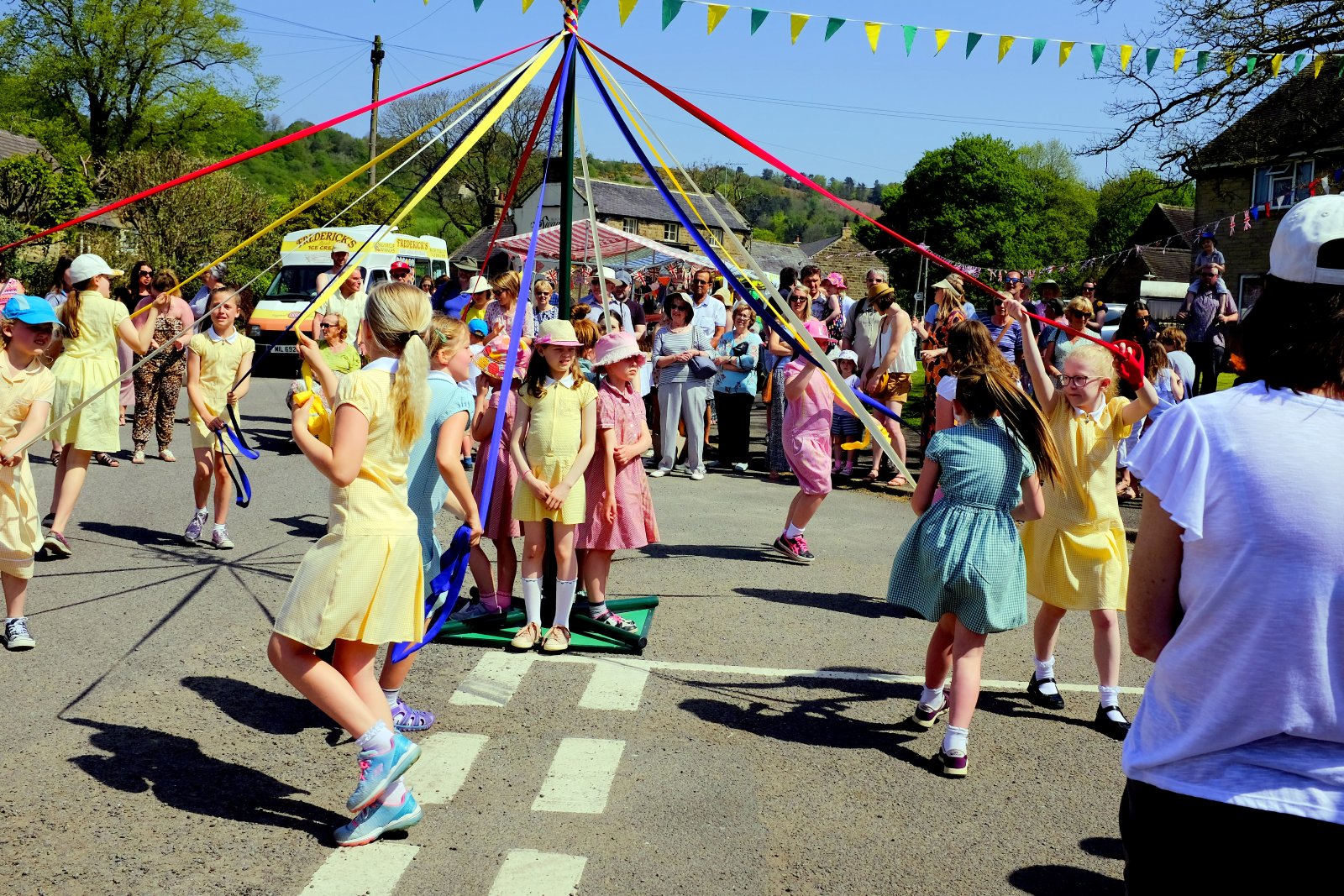
A charming springtime tradition, Maypole Dancing often fails to evolve or include diverse cultural expressions. Is this an innocent seasonal festivity, or is it a missed opportunity for cultural integration?
6. Remembrance Sunday
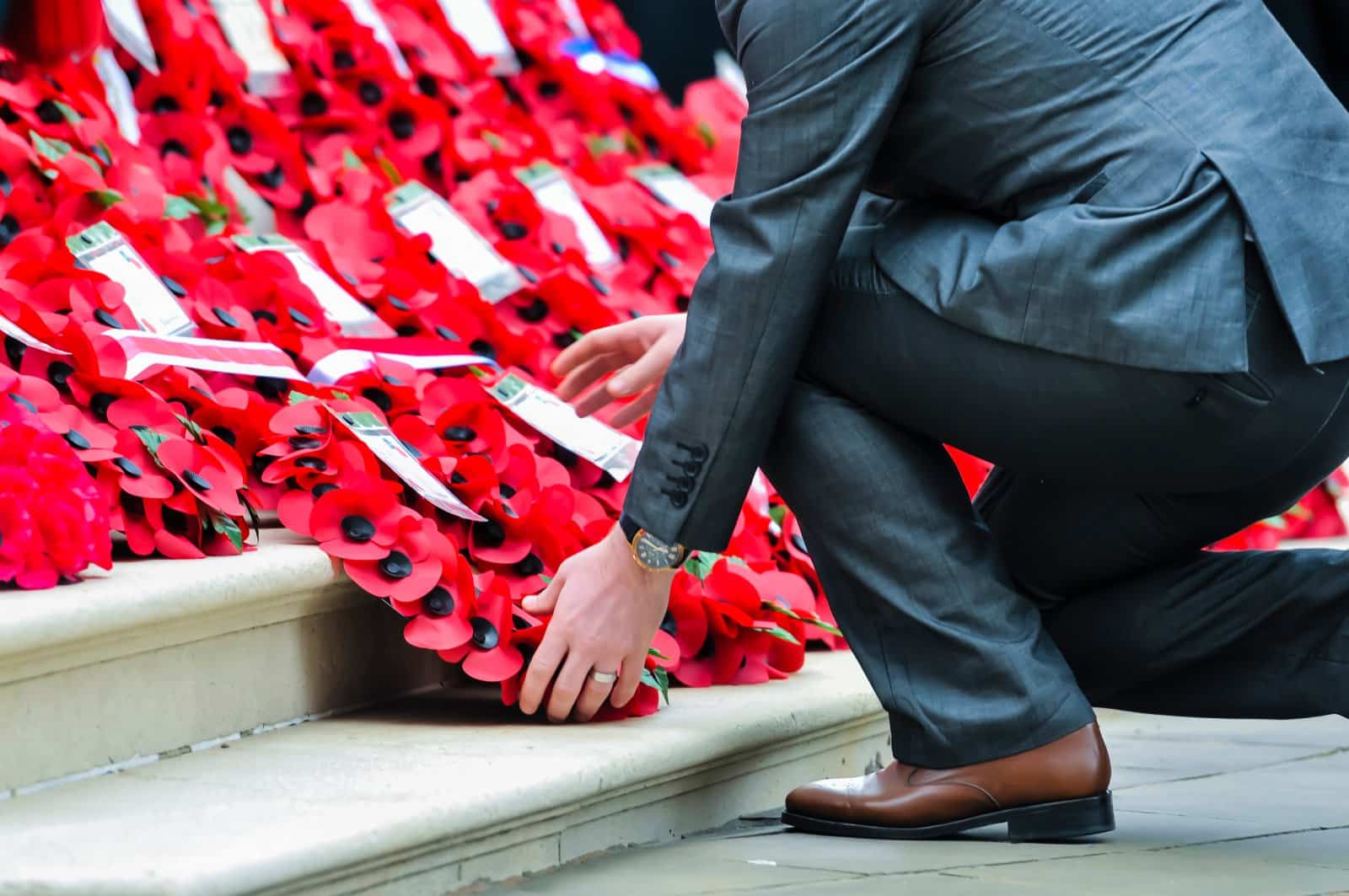
While intended to honour the fallen, Remembrance Sunday can sometimes feel like it glorifies war rather than promoting peace. Are we remembering sacrifice, or are we inadvertently celebrating militarism?
7. The Stiff Upper Lip

Praised for showing resilience, this cultural mantra can suppress open discussions about mental health and emotional well-being. Are we being strong, or are we avoiding necessary conversations?
8. The Royal Ascot
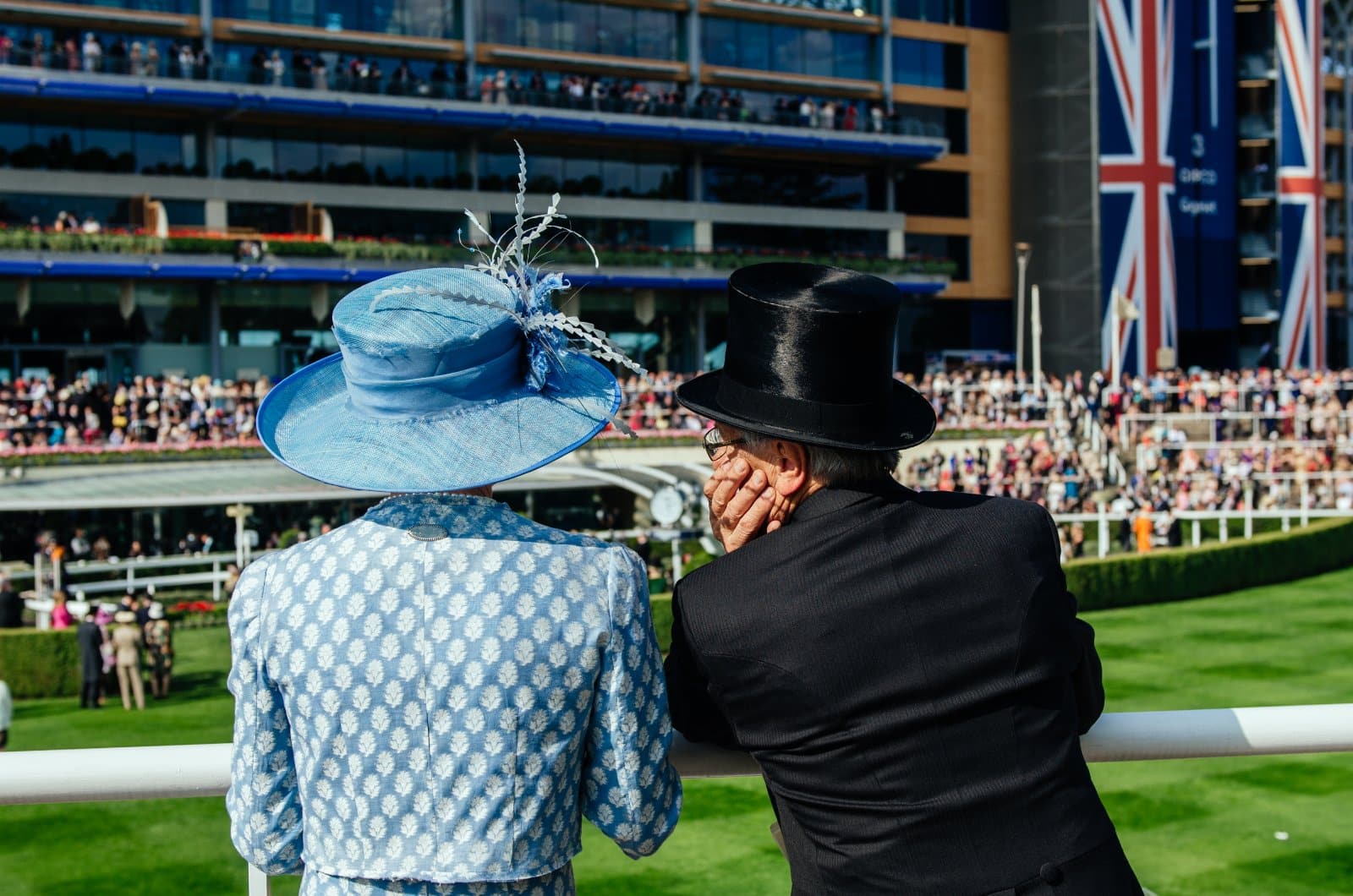
Famous for its strict dress code and horse racing, the Royal Ascot can be seen as a display of exclusivity and wealth. Is this an event of elegance, or is it reinforcing social divides?
9. The Last Night of the Proms
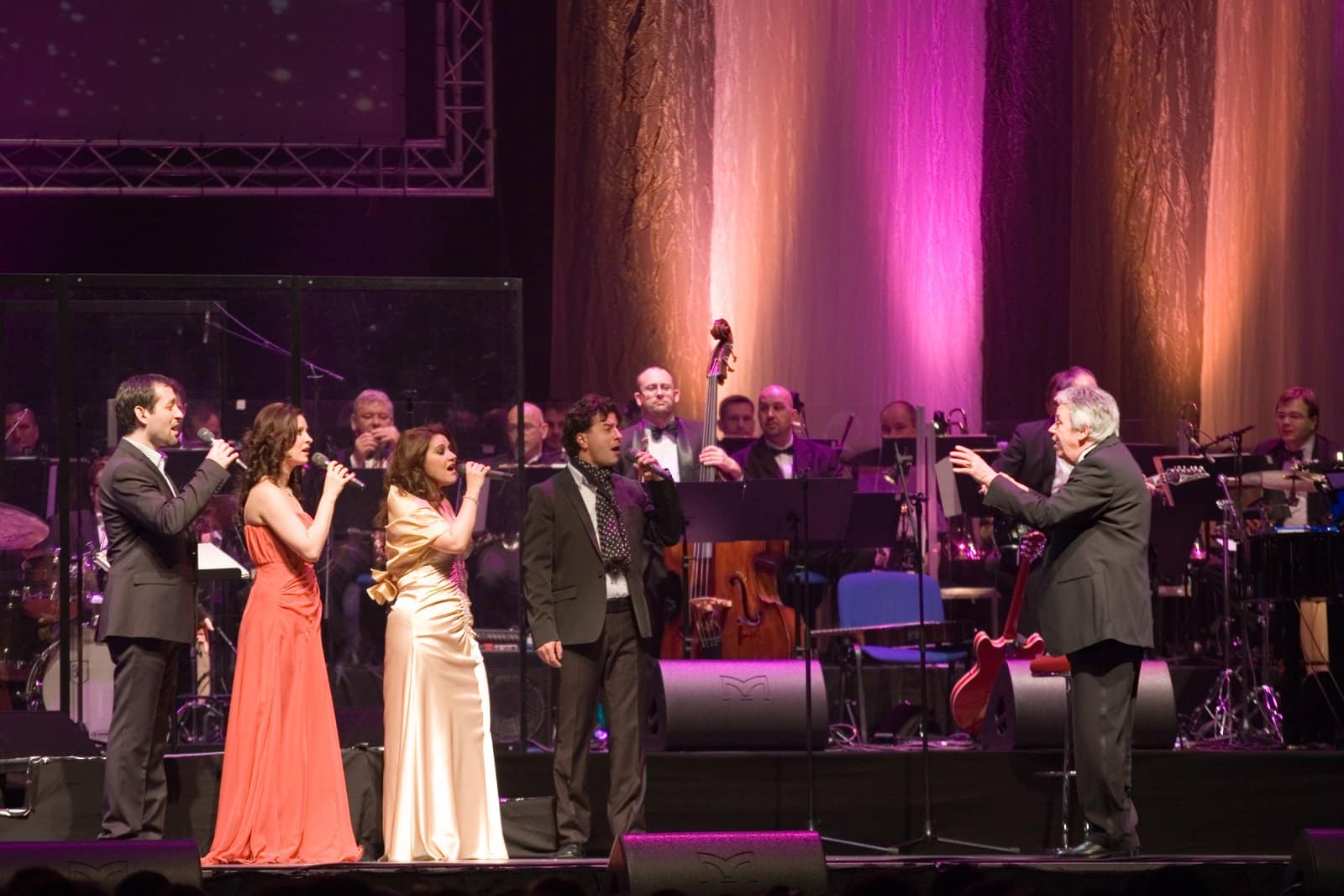
A celebration of classical music filled with patriotic anthems, but it can blur the line between patriotism and nationalism. Are we sharing a musical heritage, or are we excluding diverse voices?
10. The English Breakfast
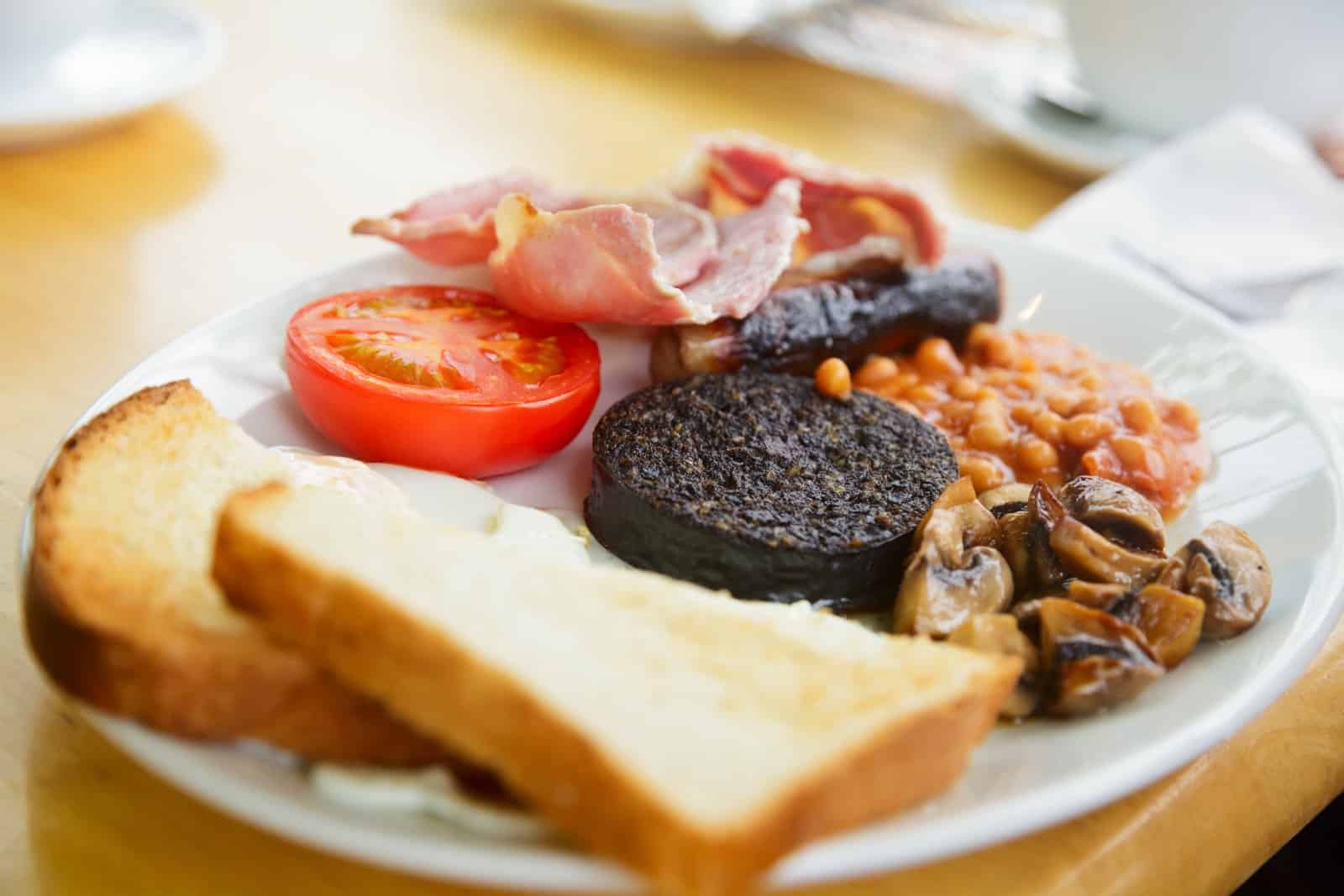
A beloved start to the day, yet its heavy, meat-focused composition overlooks Britain’s changing dietary landscape and health concerns. Is this a tradition of comfort, or is it out of step with modern habits?
11. Pantomime

A festive theatre tradition that delights families but often relies on dated gender stereotypes and slapstick humor. Are we nurturing a love for theatre, or are we perpetuating outdated norms?
12. Bank Holiday DIY Rush

The surge to home improvement stores on bank holidays reflects a culture of constant home perfection. Is this a productive use of time, or does it pressure individuals to conform to societal expectations of home upkeep?
13. Pub Culture

The heart of many communities, yet the culture can promote excessive drinking and sometimes excludes non-drinkers. Are we fostering community, or are we encouraging problematic behavior?
14. The Village Green Cricket Match
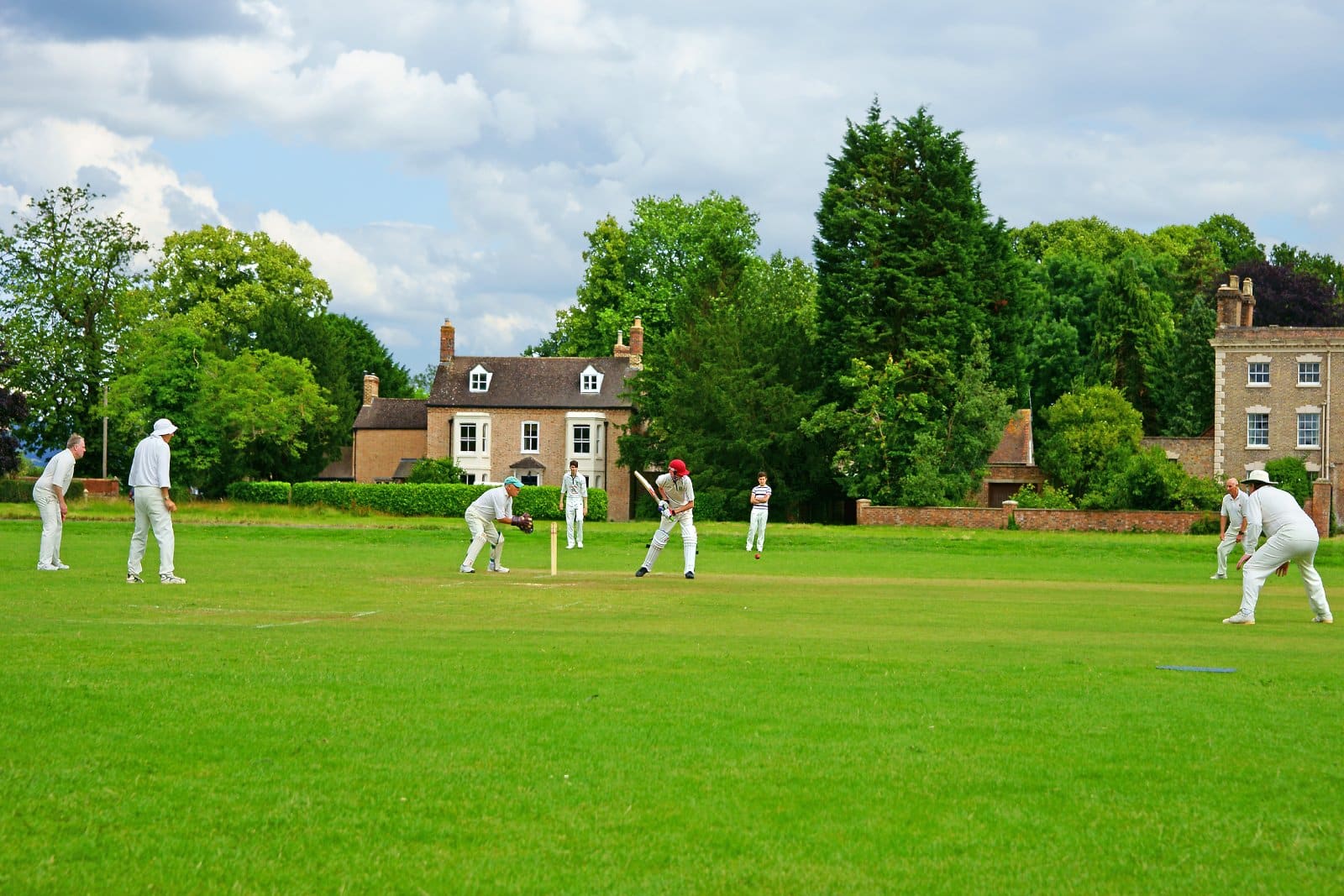
An idyllic portrayal of English life, yet these matches can sometimes feel exclusionary to those not versed in the game’s intricacies or local traditions. Is this community sport, or is it subtly divisive?
15. The Wimbledon Queue
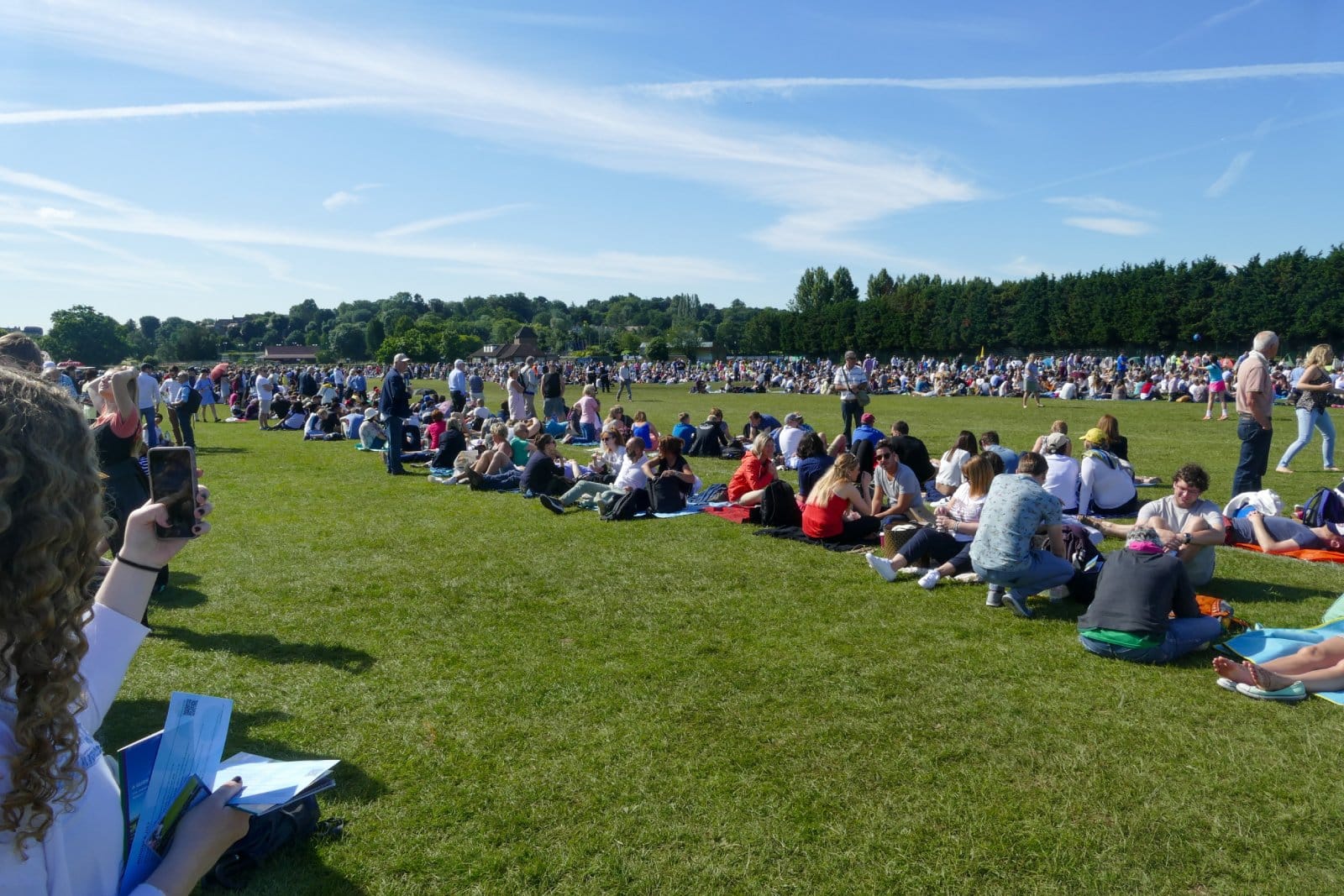
A unique part of British tennis culture, but the long waits and exclusivity can be daunting and off-putting to newcomers. Are we celebrating a love for tennis, or are we gatekeeping the experience?
16. High Tea
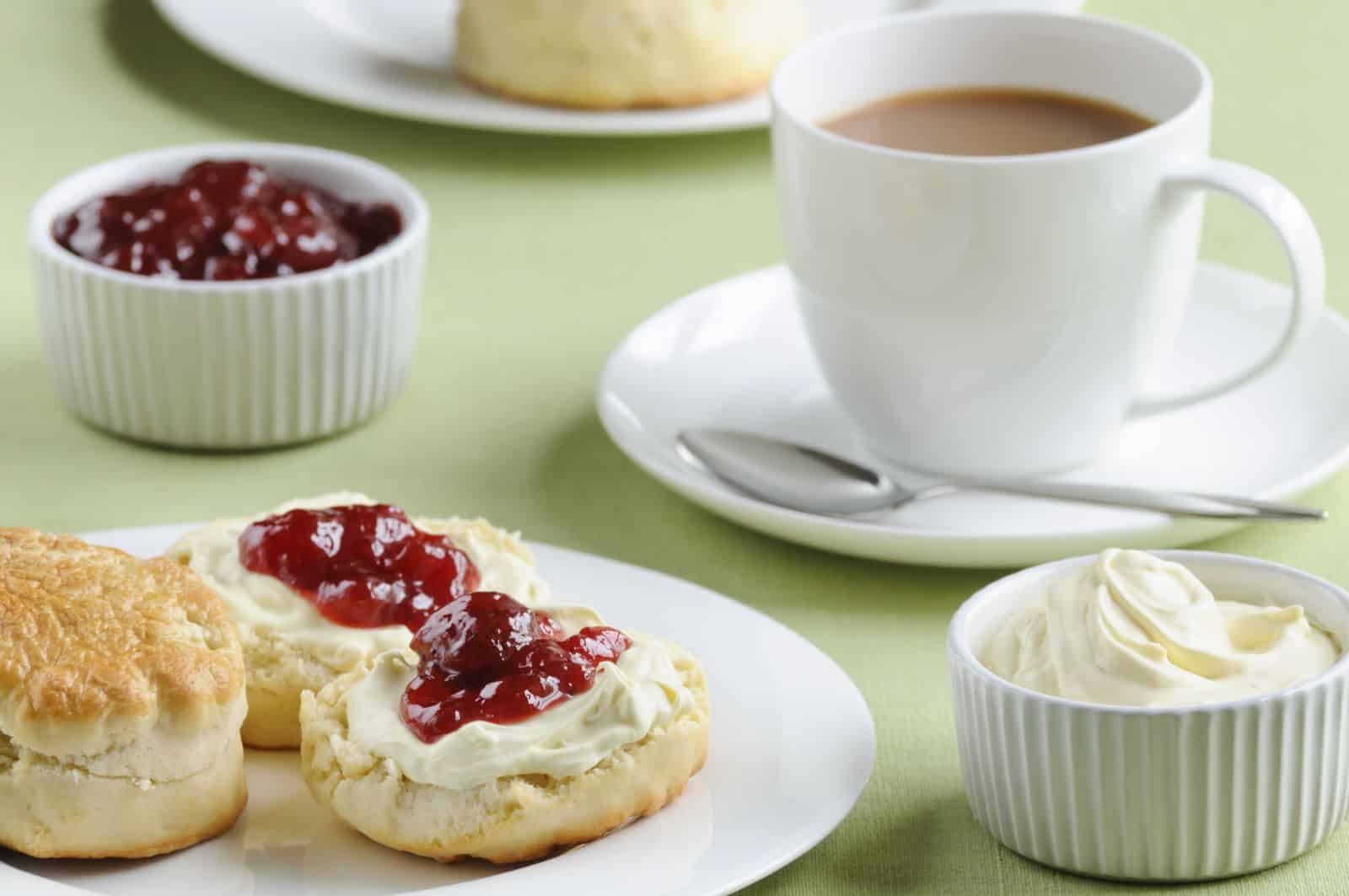
An elegant affair, yet the cost and formality can make it inaccessible to many, reflecting a broader issue of social stratification. Is this a delightful tradition, or a display of elitism?
17. The Two-Minute Silence
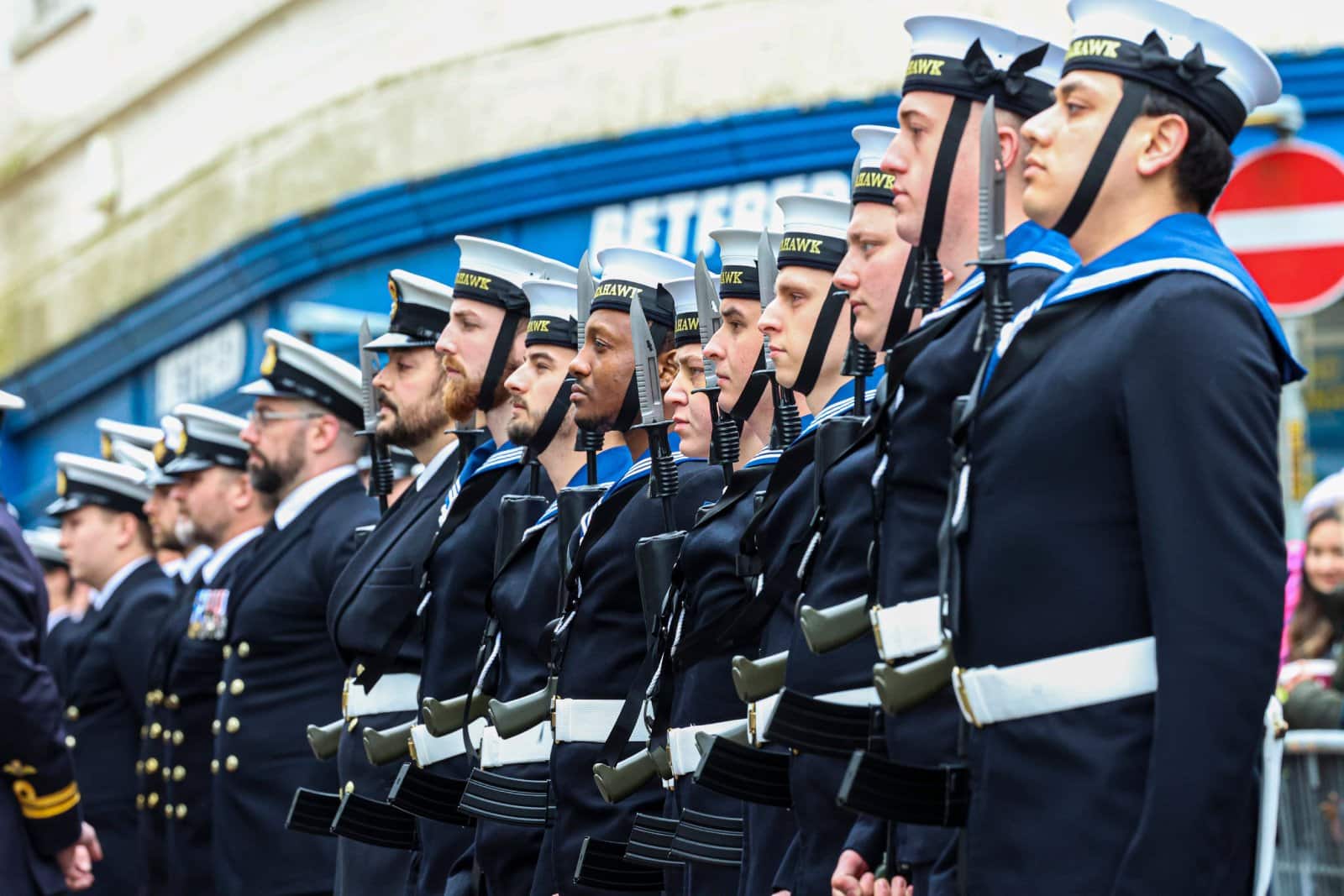
A moment of national reflection, yet not everyone’s historical or personal experiences align with this solemn commemoration. Are we unifying the nation, or are we imposing a singular narrative?
18. The British Lawn Obsession

Perfect lawns are a symbol of suburban pride, but they require significant resources and often lack biodiversity. Are we celebrating nature, or are we enforcing an unsustainable ideal?
19. The Seaside Holiday
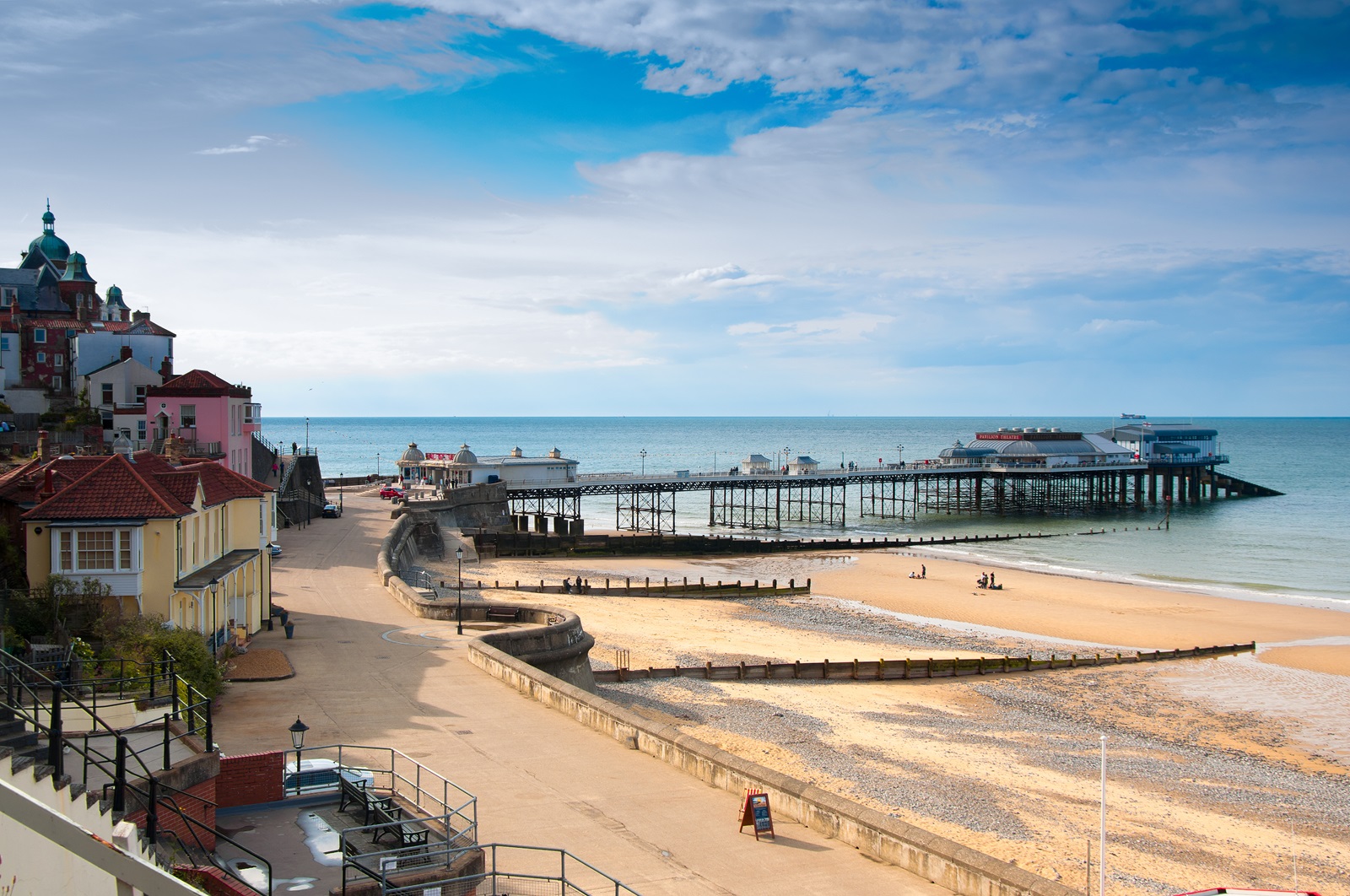
A summer tradition, but the influx of tourists can overwhelm local infrastructure and disturb natural habitats. Are we supporting local economies, or are we causing more harm than good?
20. The “Keep Calm and Carry On” Mentality

Originally a wartime slogan, this phrase has become a mantra for ignoring issues rather than addressing them. Are we promoting resilience, or are we discouraging proactive change?
21. The Garden Party

A symbol of leisure and socializing, but often these gatherings reflect and reinforce social hierarchies and exclusions based on class and status. Is this a celebration of community, or a reinforcement of social barriers?
Reflect and Rethink

As we navigate these traditions, it’s important to ask ourselves whether they truly reflect the inclusive, diverse, and forward-thinking Britain we aspire to be today. What do we want to carry forward, and what needs a thoughtful reevaluation?
The post 21 British Customs That Stir More Debate Than Joy first appeared on Lists Lovers.
Featured Image Credit: Shutterstock / Oscar Johns.
For transparency, this content was partly developed with AI assistance and carefully curated by an experienced editor to be informative and ensure accuracy.

